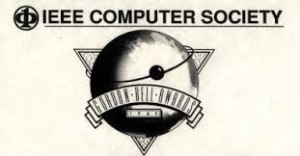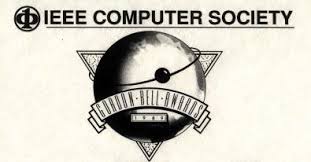 Today ACM announced the finalists for the prestigious 2014
Today ACM announced the finalists for the prestigious 2014
Gordon Bell Prize for outstanding achievement in HPC that helps solve critical science and engineering problems.
With an emphasis on HPC applications in science, engineering, and large-scale data analytics, the Gordon Bell Prize tracks the overall progress in parallel computing. It is an annual award given to an individual or team who has demonstrated an outstanding achievement in one of three areas: peak performance, scalability and time-to-solution, or a special achievement.
The committee had the difficult but fun task of deciding the award’s finalists—five this year—from which the single winner will be selected,” says chair of ACM’s Gordon Bell prize committee, Adolfy Hoisie and Pacific Northwest National Laboratory’s (PNNL) Director of Advanced Computing, Mathematics, and Data Division. “We had a very good set of submissions representing a spectrum of award-relevant areas such as new or specialized architectures, advances in algorithms and applications leading to high performance, or indicating significantly increased performance on large-scale systems through a combination of increased system and application performance.”
2014 Finalists:
- “Real-time Scalable Cortical Computing at 46 Giga-Synaptic OPS/Watt with ~100× Speedup in Time-to-Solution and ~100,000× Reduction in Energy-to-Solution,” with research led by Dharmendra S. Modha, IBM Fellow and IBM Chief Scientist – Brain-inspired Computing, and team including members from IBM and Cornell Tech.
- “24.77 Pflops on a Gravitational Tree-Code to Simulate the Milky Way Galaxy with 18600 GPUs,” with their research led by Simon Portegies Zwart and Jeroen Bédorf of the Netherland’s Leiden Observatory and team.
- “Anton 2: Raising the Bar for Performance and Programmability in a Special-Purpose Molecular Dynamics Supercomputer,” with lead researcher David E. Shaw, of DE Shaw Research, and team.
- “Petascale High Order Dynamic Rupture Earthquake Simulations on Heterogeneous Supercomputers,” a collaborative research project co-led by Michael Bader (TUM, Germany), Christian Pelties (LMU, Germany) and Alexander Heinecke (Intel, United States).
- “Physics-based urban earthquake simulation enhanced by 10.7 BlnDOF x30 K time-step unstructured FE non-linear seismic wave simulation,” with research led by the University of Tokyo’s Tsuyoshi Ichimura.
The Gordon Bell Prize winner will be announced at SC14 in New Orleans.
Registration is now open for SC14, which takes place Nov. 16-21 in New Orleans. At insideHPC, we are proud to be a Media Partner for the conference, so check out our full coverage to date.




